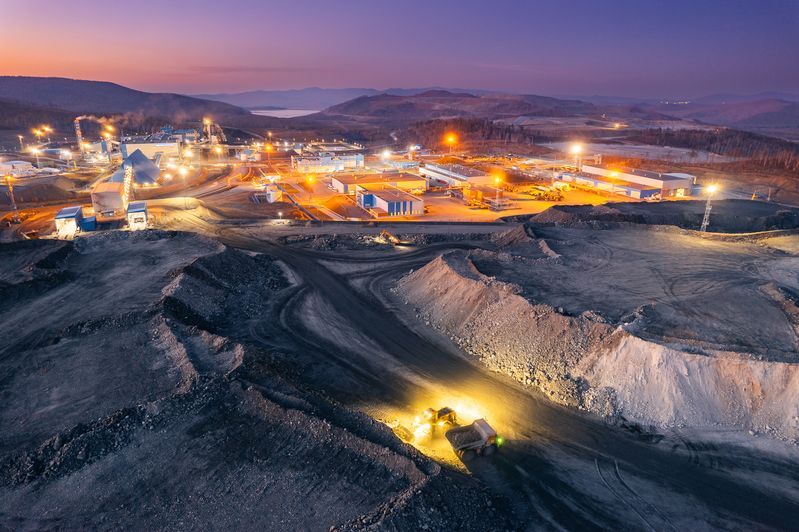Nornickel's photobank
Investing in greenhouse gas emission reduction or adapting infrastructure to climate change? Has the climate agenda shifted focus recently? The answers to these questions determine how industrial companies strategize their climate change actions.
In December 2024, climate scientists, representatives from Russian businesses, and industry experts met to share opinions on how mitigation and adaptation, the two main response strategies affect a business.
Mitigation involves actions to tackle negative drivers of climate change, i.e. reduce greenhouse gas emissions, including, without limitation, transition from fossil fuels to renewable energy sources and energy conservation.
Adaptation means actions to adjust environmental, social and economic systems to the adverse effects of change, including, without limitation, risk management changes, infrastructure modifications, and new technologies in agriculture.
Businesses need certainty and accessible financial instruments
Stanislav Seleznev, Nornickel Vice President for HSE, spoke on behalf of a major industrial company that relies heavily on export markets. Formally, right now the company does not get any financial benefits from its carbon neutrality goal, and business is primarily about counting money.
Still, Nornickel continues to implement the climate agenda where it is most rational today, as a good corporate citizen committed to a better ESG future, upgrading facilities to reduce energy consumption and increasing the use of renewable electricity.
Still, Nornickel continues to implement the climate agenda where it is most rational today, as a good corporate citizen committed to a better ESG future, upgrading facilities to reduce energy consumption and increasing the use of renewable electricity.
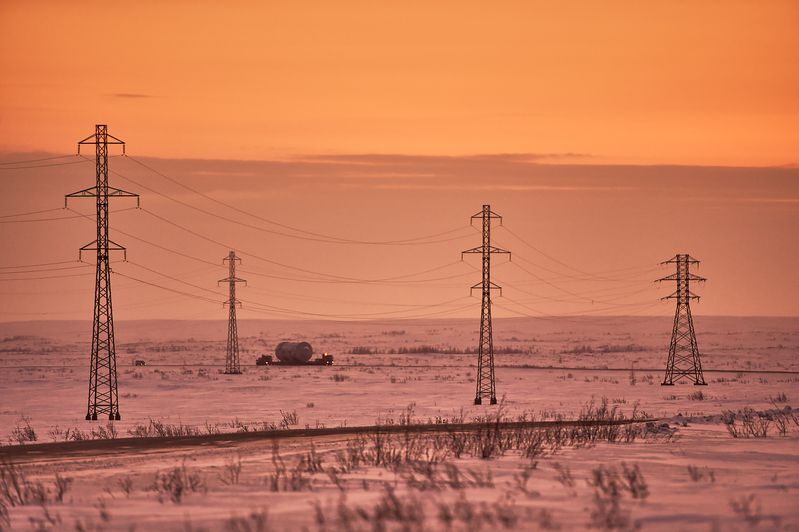
It is widely believed that global warming will bring economic benefits to Russia. But it is only possible with the right adaptation action. For example, if the permafrost warms and becomes 2 meters further into the earth, piles will have to be driven twice as deep. If temperature fluctuations and icy rains become more frequent, special equipment will be required to melt ice on power transmission lines.
To justify adaptation expenditures, clear scientific data and forecasts are essential for businesses.
To justify adaptation expenditures, clear scientific data and forecasts are essential for businesses.
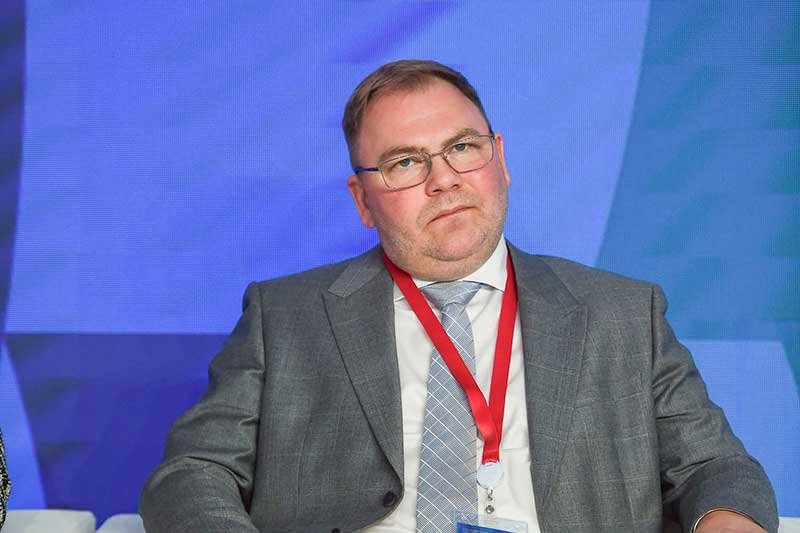
STANISLAV SELEZNEV:
"Everything in the Arctic is built on permafrost. Hundreds of miles of gas pipelines and their construction integrity are based on permafrost conditions, the same way as power lines depend on the weather and icing. For us it is critical as our operations are life-sustaining for the entire region. We need certainty and comprehensible forecasts".
Technology is core
For the steel industry, investments in decarbonization are too costly, pushing steel prices up 30% and more. No-one will buy steel for this price, no matter how 'green' it is.
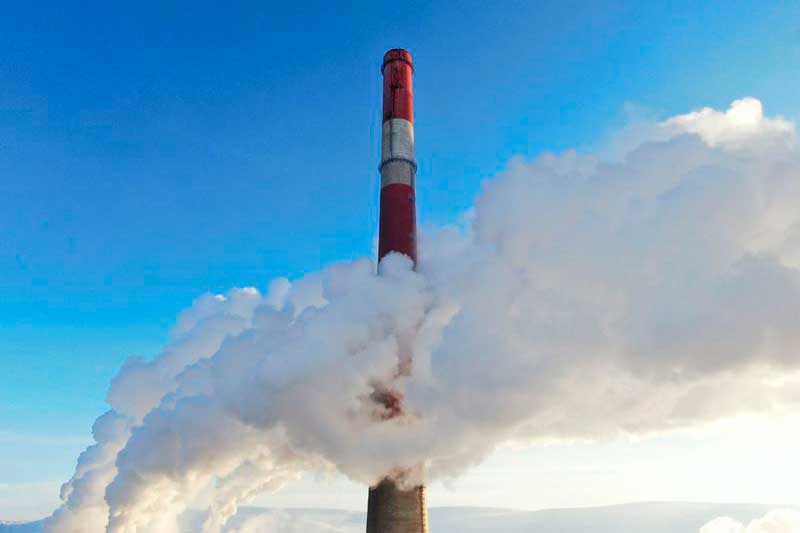
There are currently no deep decarbonization technologies in the steel industry, and none are expected to emerge by 2030. Moreover there is basically no mechanism for borrowing money. Meanwhile, businesses need both technology and infrastructure. At the end of 2023, only one company from Saudi Arabia showcased their CCS technology for CO2 capture and storage at an operating production facility.

OLGA KALASHNIKOVA:
"Despite all challenges, Severstal today is the only steel company in Russia implementing a decarbonization strategy. In 2024, we achieved our short-term GHG reduction goal: with a target of -3% from 2020, we reached -3.4% through 35 projects worth RUB 24.7 bn.
By 2030, we expect to reduce intensity by 10%. The company can reduce GHG emissions by more than 2 million tonnes of СО2eq./year. Investments in the key project to build an iron ore pellet production complex at the Cherepovets Metallurgical Plant to total RUB 116 bn
In our upcoming reports, we will also include disclosures on targets to adapt to climate change and climate risks".
Mitigation could be a profitable market
In Russia, when it comes to climate issues, we usually look at Western and US trends. And indeed, those countries undertake major changes: postpone plans to tighten regulations and continue discussions on green energy effectiveness. The banking sector is not immune to these changes either, but Evgeny Khilinsky, Vice President of Gazprombank, believes that this is largely driven by the current global context.
In particular, the East has been successfully advancing the climate agenda in sync with their economic interests. It has been embedded in government policy, as it addresses three challenges: energy security, new growth drivers, and reduction of market risks for domestic products associated with potential carbon regulation initiatives.
In particular, the East has been successfully advancing the climate agenda in sync with their economic interests. It has been embedded in government policy, as it addresses three challenges: energy security, new growth drivers, and reduction of market risks for domestic products associated with potential carbon regulation initiatives.
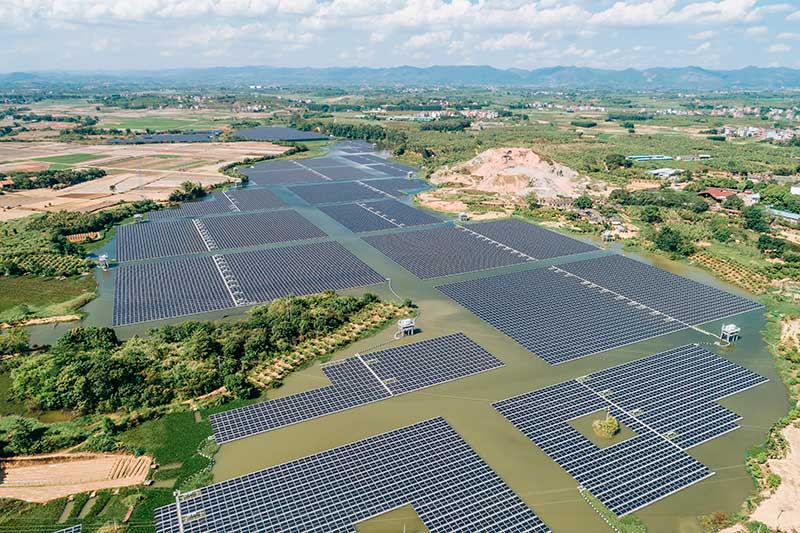
China runs a whole series of direct, indirect and monetary incentives at various levels. Businesses have no question whether this its is worthwhile or not. Everyone understands: today's subsidies unlock access to export markets.
Adaptation is a more complex case.
Adaptation is a more complex case.

EVGENY KHILINSKY:
"In Russia, we need to build a system of government incentives to engage businesses in the climate agenda with enthusiasm. Mitigation today is a profitable enterprise with a 40% margin while adaptation is not.
Adaptation efforts that bring advantages for the country and its regions in the public sphere are associated with significant benefits, especially on a global scale. But only if a company manages to solve the number one task to incorporate adaptation in its cash flows".
Scientists hopeful about contributory climate research environment
Over the next two decades, adaptation will be the central objective, believes Aleksander Ginzburg chief research scientist of the A.M. Obukhov Institute of Atmospheric Physics. Today, we have evidence that companies around the world only spend 20% of their money on adaptation, while the rest is invested in mitigation which is natural since businesses get proceeds from visible accomplishments while adaptation deliverables are not as apparent.
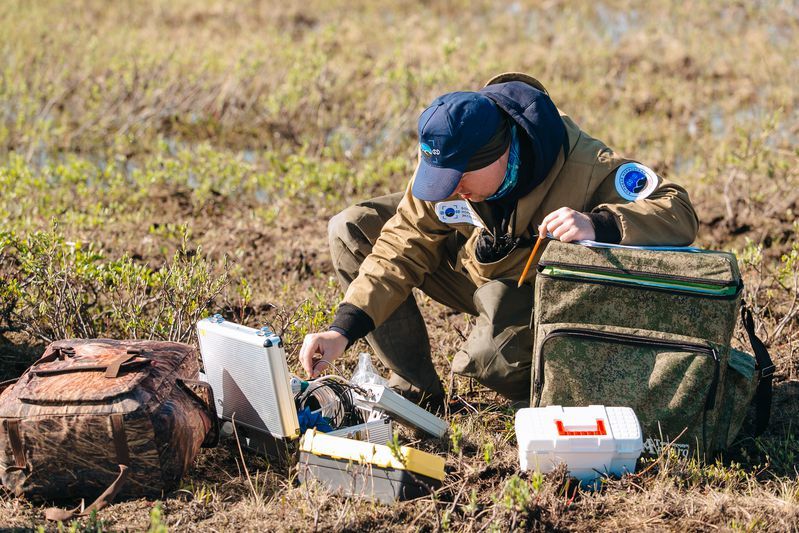
Adjustment to the changing circumstances is crucial, but focus on adaptation alone is a no go. In 30-40 years this could lead to serious problems. There must be a balance between mitigation and adaptation and governments need to understand that these two action areas come hand in hand.

ALEKSANDER GINSBURG:
"It's all meaningless without a state policy adopted on a global level, a single decision, and a common baseline scenario. Climate scientists themselves cannot drive political and economic action. Moreover, there are different scenarios for future climate change, and no-one can present a single specific figure, an exact scenario or action plan to the government.
Authorities will have to make political decisions and figure out which calculations to rely on. First, the global community and governments need to pave way for climate research to enable faster and more robust findings".
There is no need to reinvent the wheel
According to Nikolay Kurichev, Dean of the Geography and Geoinformation Technologies Faculty at the Higher School of Economics, the climate agenda discussions should be based on the available solid assessments. Russia has approved its baseline instrument, the Climate Doctrine, reading in section five that scientific justification means recognition of the fact that the anthropogenous factor may have an effect on the climate system. There are also ready-made scenarios for how things are going to evolve in Russia provided by the Russian Federal Service for Hydrometeorology and Environmental Monitoring.
The global climate agenda is currently under a lot of pressure but the upswing of the climate agenda is inevitable, and it will become more significant in future, not less. Confrontation will give way to solutions and compromises. The global climate agenda is not so much about UNFCCC conferences but about national and supranational regulations, as in the case of the European Union. And they bring major positive effects.
For example, China is investing heavily in the green economy with green technology exports earning the nation much more than oil exports for Russia. For India, Africa, and the Middle East are the climate change hotspots.
The global climate agenda is currently under a lot of pressure but the upswing of the climate agenda is inevitable, and it will become more significant in future, not less. Confrontation will give way to solutions and compromises. The global climate agenda is not so much about UNFCCC conferences but about national and supranational regulations, as in the case of the European Union. And they bring major positive effects.
For example, China is investing heavily in the green economy with green technology exports earning the nation much more than oil exports for Russia. For India, Africa, and the Middle East are the climate change hotspots.
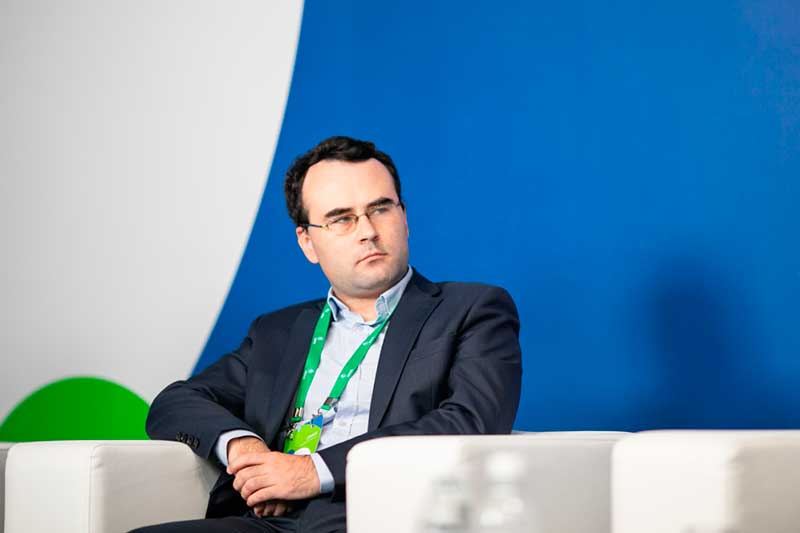
NIKOLAY KURICHEV:
"We need to stop thinking that climate regulation investments are unnecessary. It is fundamentally wrong. We can't keep out of the climate agenda just because the global landscape is shifting, and we have been temporarily left out of international processes. We should use this time to understand the problem, find solutions and create a scientific, expert, technological, and organizational platform to be able to move forward when the timing is right".
April, 2025






